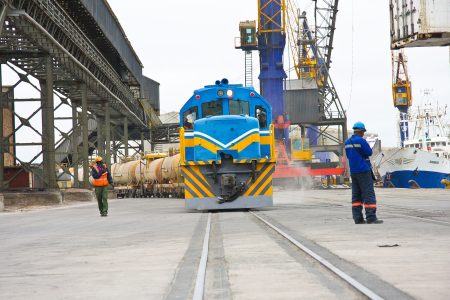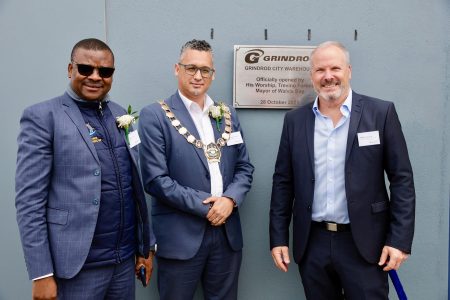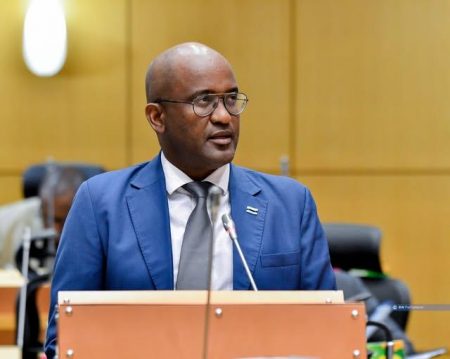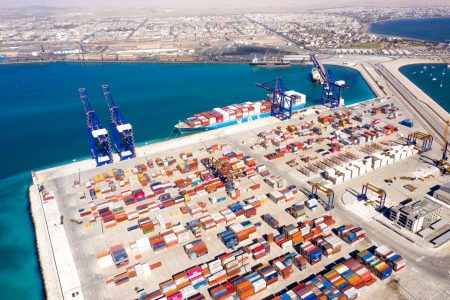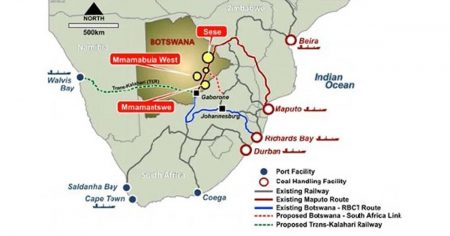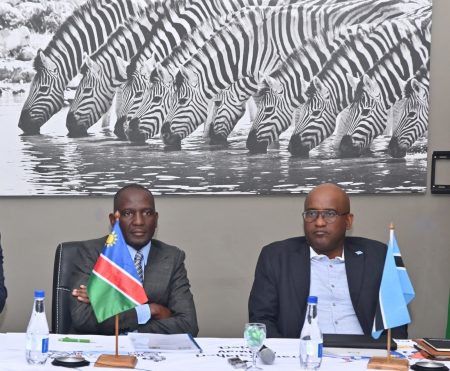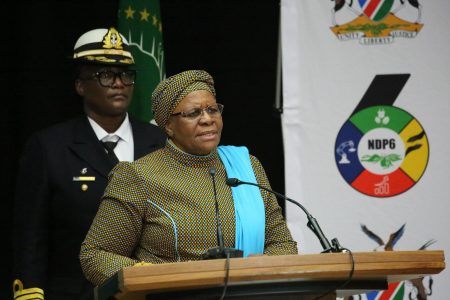This content is for Premium Subscribers only. To view this content, login below or subscribe as a Premium Subscriber.
Related News Articles
Namibian AG Finalises PPP Advisor Agreement for Trans-Zambezi Railway Extension
20 February 2026
SADC, Namibia
1 min
Sandverhaar-Buchholzbrunn Railway Upgrades Hold Promise for Lüderitz
13 February 2026
SADC, Namibia
2 min
Namibia Cargo Volumes Top 2.5 Million Tonnes
30 January 2026
SADC, Namibia
2 min
Walvis Bay Faces Pressure from the Revitalisation of TAZARA and Lobito
30 January 2026
SADC, Namibia
3 min
Namibia and Angola Establish Railway Joint Technical Committee
23 January 2026
SADC, Namibia
2 min
Mining Chamber Says Namibia Needs Reliable and Efficient Railway System
28 November 2025
SADC, Namibia
2 min
Parliamentary Committee Urges Fast-Tracking of Namibian Railway Upgrades
21 November 2025
SADC, Namibia
2 min
EU, Port of Rotterdam Support Namport in Expansion of Lüderitz Port
21 November 2025
SADC, Namibia
2 min
Grindrod Strengthens Africa’s Trade Corridors with Walvis Bay Investment
03 November 2025
SADC, Namibia
2 min
Botswana Unveils Plans to Modernise Infrastructure and Expand Rail Connectivity
02 November 2025
SADC, Zambia
2 min
Namport Eyes Improvement After Low CPPI Ranking
24 October 2025
SADC, Namibia
2 min
Trans-Kalahari Railway: a Strategic Regional Corridor
06 October 2025
SADC, South Africa
3 min
Rail Woes Threaten Namibia’s Logistics Chain
08 September 2025
SADC, Namibia
1 min
Namibia Seeks Consultant for Railway Qualification Framework
31 August 2025
SADC, Namibia
1 min
2 min
Namibia to Receive Equipment for Railway Upgrades in October
24 August 2025
SADC, Namibia
1 min
TransNamib Begins Refurbishment of Locomotives
24 July 2025
SADC, Namibia
1 min
